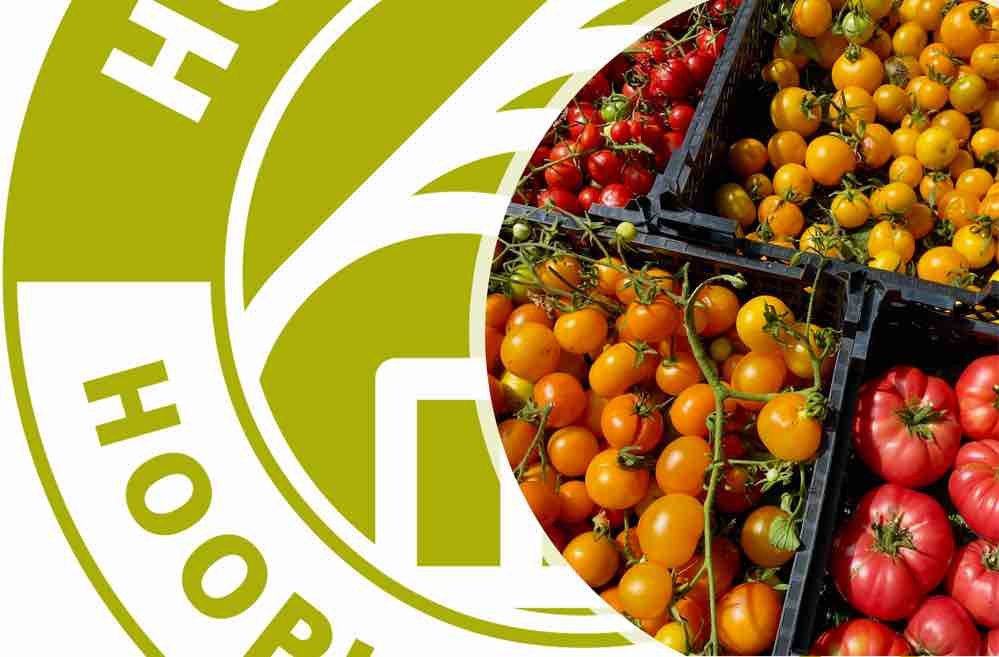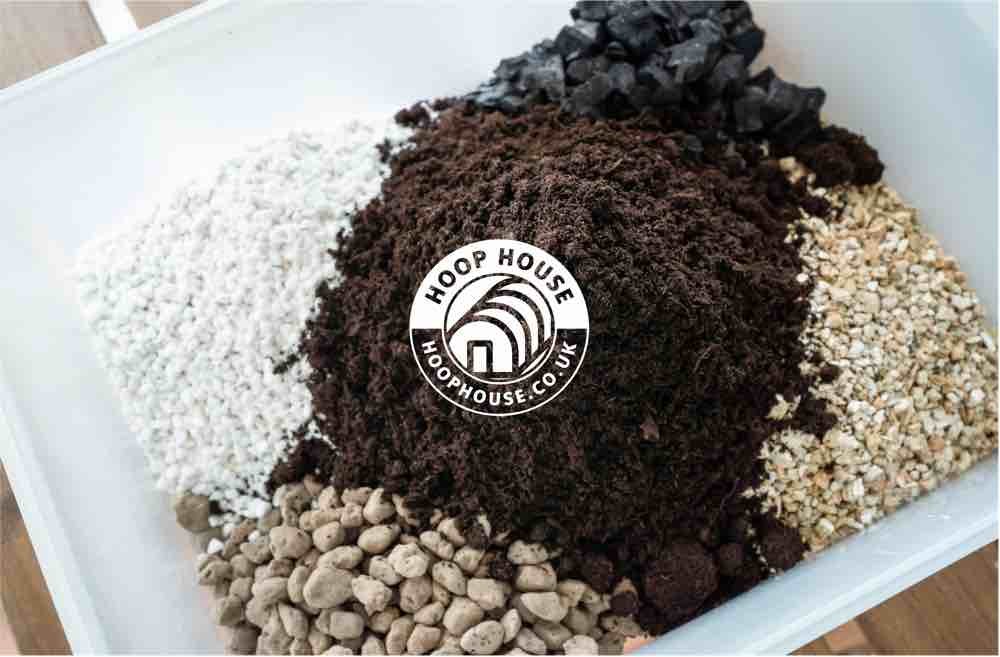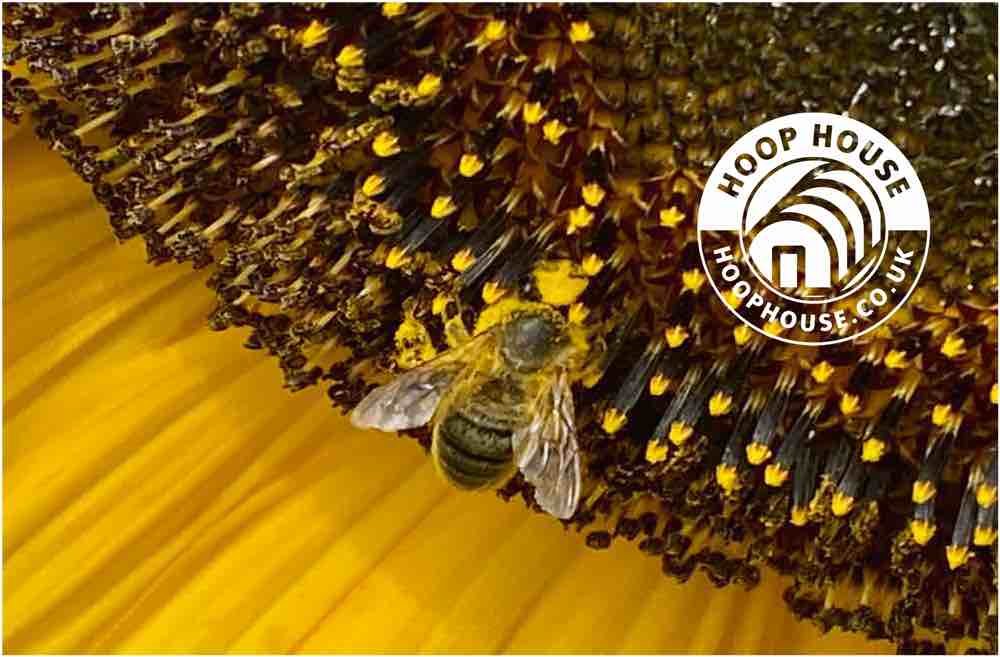
Horticultural Short Courses and Workshops
Upcoming HOOP HOUSE horticultural short courses and workshops are being discussed currently; possible themes for upcoming gardening courses and workshops in Llanwrtyd Wells, Powys in Mid-Wales - near Llandovery, Llandrindod Wells, Builth Wells, Brecon, Tregaron, Rhayader and Lampeter.

Hydroponics Myths
Hydroponics is an innovative and efficient method of growing plants without soil, but it is surrounded by several myths.

Kaizen - Continuous Improvement for Tomato Growing
Kaizen, a Japanese term meaning "continuous improvement," can be applied to various aspects of life, including tomato growing. In the context of agriculture or gardening, using the Kaizen approach encourages small, incremental improvements in growing practices to boost productivity, reduce waste, and optimize processes.

What is the Difference Between Perlite and Vermiculite?
Perlite and vermiculite are both lightweight, natural materials commonly used to improve soil aeration and drainage in gardening, but they have distinct properties and serve different purposes in plant care.

Can Tomatoes be Vertically Farmed?
While tomatoes can be successfully vertically farmed, the setup and maintenance are more complex than for crops like lettuce or herbs, but the benefits in terms of yield and resource efficiency can be substantial.

How to Make a Hybrid Tomato Stable?
Stabilizing a hybrid tomato involves growing successive generations from the original hybrid and selecting for the desired traits over time. With patience and careful selection, you can create a new, stable tomato variety that consistently produces plants with the traits you want.

Hoop House Innovations
Hoop house innovations involve various improvements in the design, materials, and techniques used in traditional hoop houses to make them more efficient, durable,

Kaizen - Continuous Improvement
Kaizen is a Japanese philosophy and practice of continuous improvement, widely known in business and manufacturing but applicable to personal development, agriculture, education, and daily life.

What is Vertical Farming?
Vertical farming is a modern agricultural technique that involves growing crops in stacked layers, typically in controlled indoor environments. This method maximizes the use of space and allows for farming in urban areas or other locations where horizontal land space is limited. Vertical farming can utilize various growing methods, including hydroponics, aeroponics, and traditional soil-based systems.

Vertical Farming Myths
Vertical farming, a method of growing crops in vertically stacked layers or integrated structures, has gained popularity for its promise of sustainable and efficient agriculture. However, several myths surround this innovative approach.
